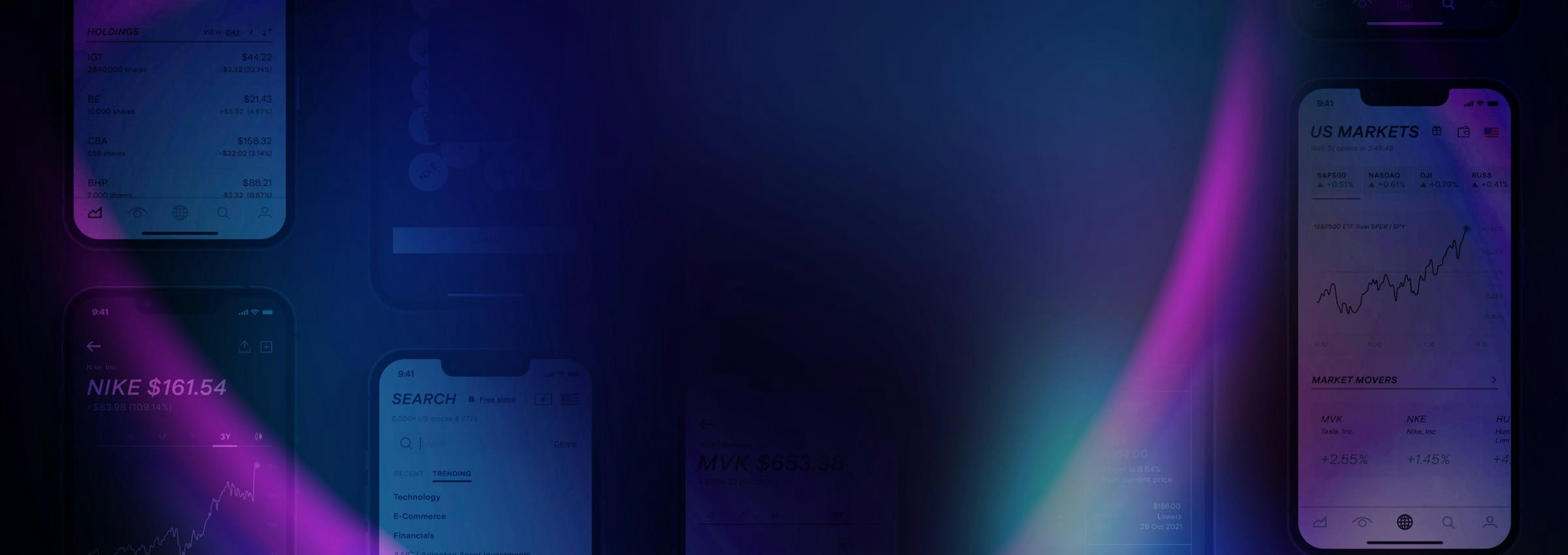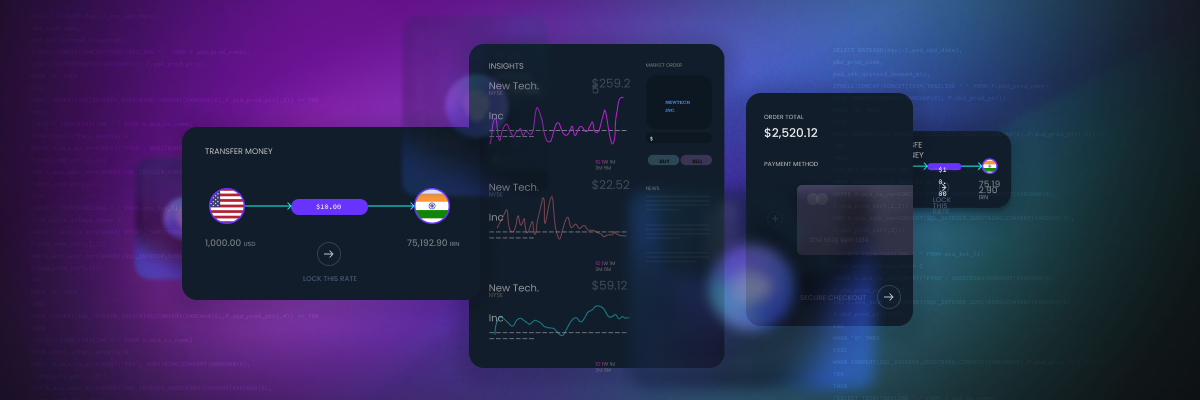
Cassie McAllister
Staff Product Marketing ManagerCassie is a Staff Product Marketing Manager at Cockroach Labs. Her focus is on vertical marketing and telling customer stories. She's been in the database world for the past 7 years and previously worked in communications for cybersecurity companies. In her free time, you can find her at the beach, sipping wine, or skiing down a mountain.
User Metadata
Software & Tech
Generative AI
Always-on metadata for continuous operations
When we think of critical data, we often think of payments, health records, identities, etc. However, when it comes to the functionality of business-critical applications, metadata is often the unsung hero. This is becoming even more true in the AI era where organizations are using metadata to turn raw data into strategic assets that fuel sustainable and scalable growth. Metadata provides the context behind AI workloads so that developer teams know where it came from, how it’s been used, and whether or not it's trustworthy.

Cassie McAllister
October 8, 2025
Retail & Ecommerce
Orders & Inventory Management
For high availability & low latency: Architect a globally distributed eCommerce system
eCommerce is a broad domain, but at a basic level it encompasses any business that primarily buys or sells goods or services over the internet. This includes all sorts of companies from classic retailers and marketplaces, to food delivery and online travel. In this space, customer expectations are extremely high. They want a personalized experience, fast access/answers, and have zero tolerance for downtime. Not only do businesses have to accommodate a demanding customer, but they also have to figure out how to serve a geographically dispersed user base.

Cassie McAllister
July 29, 2025
Banking & Fintech
The limitations of PostgreSQL in financial services
PostgreSQL has almost 40 years of active development under its belt making it one of the most powerful and reliable relational database management systems (RDBMS). Even today it’s the fourth most popular database in the world, backed by a global community of dedicated supporters. It’s a good fit for business critical workloads because PostgreSQL delivers a highly stable foundation and is ACID compliant. This is also why it’s often used in financial services and for use cases that handle money.

Cassie McAllister
July 21, 2025
Banking & Fintech
Payments
Top 5 financial services use cases for CockroachDB
The team at Cockroach Labs has worked with dozens of companies (including Fortune 50 banks) that use CockroachDB to support the following initiatives and use cases.

Cassie McAllister
July 8, 2025
Retail & Ecommerce
Orders & Inventory Management
Payments
How 3 retailers achieved data accuracy, availability, and scale
The team at Cockroach Labs has worked with dozens of companies (including Fortune 50 retailers) that use CockroachDB in production today. Here’s three customer stories describing how they use CockroachDB to support mission-critical use cases.

Cassie McAllister
April 1, 2025
Software & Tech
Reference Architecture
Managing the digital keys to the kingdom: how to achieve control over your IAM data
For many organizations, identity access management (IAM) systems are like the digital keys to the kingdom and the foundation for their day-to-day operations. Building and maintaining an IAM system can be extremely complex if you aren’t using the right infrastructure to support your business needs. In a previous post, we examined why IAM is critical to businesses, the challenges associated with building an IAM system, and compared a centralized vs. distributed system. Here we will discuss how you can achieve granular control over your IAM data in a distributed environment.

Cassie McAllister
January 21, 2025
Product
Why Fortune 50 banks are leaving traditional RDBMS for CockroachDB
In the world of finance, changing databases is usually pretty rare. When you’re in charge of other people’s money — several trillion dollars of it, in the case of one of the banks discussed in this article — even small changes could represent major risks. That’s why even today, many banks still run systems based on legacy relational databases such as Oracle, IBM, and PostgreSQL — often the same databases they were using 10 or even 20 years ago.

Cassie McAllister
January 16, 2025
Software & Tech
Reference Architecture
Building a real-world IAM system: centralized vs. distributed
Raise your hand if you’ve ever been locked out of your banking app, a hotel room, your work computer, your car, your Gmail… the list goes on. You know the reason your access was blocked was because you either forgot your keys/password or had the incorrect login credentials. Businesses of every kind implement identity and access management (IAM) systems for your protection, and their own. Failure to protect humans and resources can easily result in devastating consequences.

Cassie McAllister
January 8, 2025
Product
Comparing CockroachDB and PostgreSQL
Before we begin a comparison blog post about PostgreSQL, we must first acknowledge that it is one of the most reliable and widely used databases in the history of software. The world owes a debt of gratitude to the open source community that has built and supported this important project for the last 35 years. In this post, we unpack some of the architectural differences between PostgreSQL and CockroachDB. We’ll point out where the limitations of single server, single instance architecture might pose challenges for modern cloud infrastructure, and how a distributed foundation can be a better solution for your apps and services.

Cassie McAllister
January 6, 2025

![[IMAGE] Retail campaign blog #1](/_next/image/?url=https%3A%2F%2Fimages.ctfassets.net%2F00voh0j35590%2F1M7uel54aQJH48Da5glkE3%2Ffb512d0d2493723d983ba8a1e15959af%2FRetail_blog_series_A_1.png&w=3840&q=75)

![[image] finserv use cases](/_next/image/?url=https%3A%2F%2Fimages.ctfassets.net%2F00voh0j35590%2F61herWHcBa8OEwzsV20Vco%2F5971df8ab1da34f54d551ca1383e10ba%2FFinserv_use_cases_Blog_1920x1080__1_.png&w=3840&q=75)
![[Image] IAM blog 2](/_next/image/?url=https%3A%2F%2Fimages.ctfassets.net%2F00voh0j35590%2FFpTKJrW7y1vfPfJEc4bWe%2F26646fca99f32271bd86f62299c44be8%2FIAM_2__1_.png&w=3840&q=75)

![[image] IAM 1](/_next/image/?url=https%3A%2F%2Fimages.ctfassets.net%2F00voh0j35590%2F6Z5OSELImcwflanfU7CA3q%2F2ba8c5a578c1271dcba547d13744ff03%2FIAM_1.png&w=3840&q=75)
